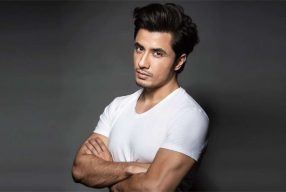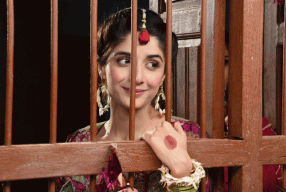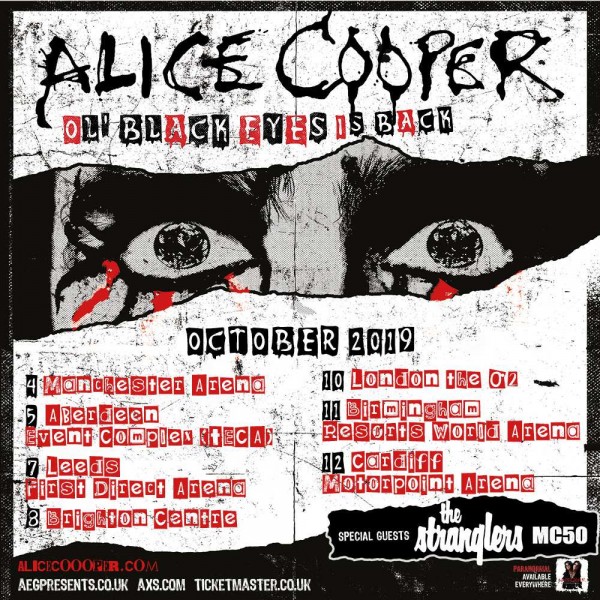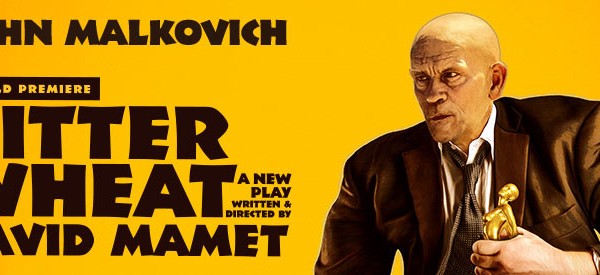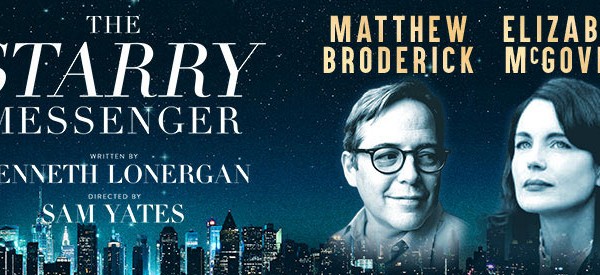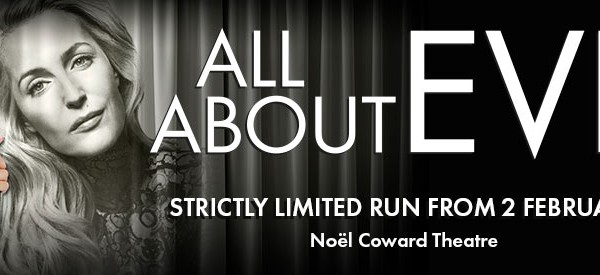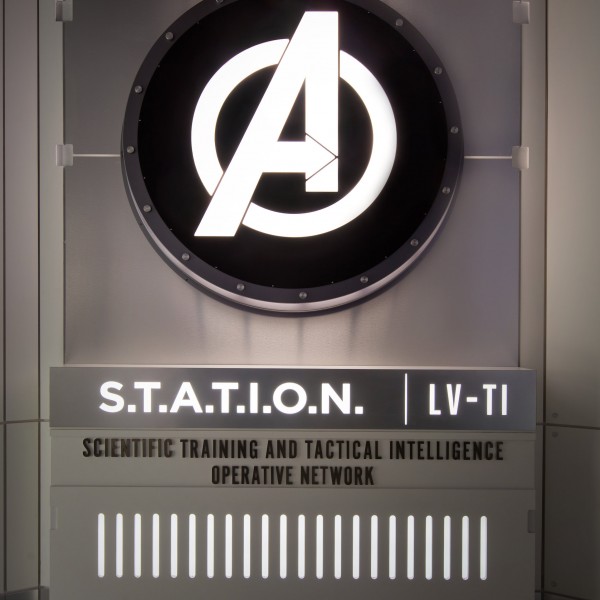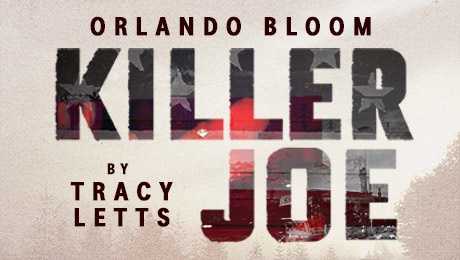One Armed Swordsman (1967). FILM REVIEW. ‘A Century of Chinese Cinema: Swordsmen, Gangsters and Ghosts’ at the BFI
When you go to see a Hong Kong film, and you see “Shaw Scope” written on the cinema screen, then you will automatically get yourself ready to see some real sword fights and kung fu.
The BFI: British Film Institute is showing films from Mainland China, Hong Kong and Taiwan throughout the year, as a tribute to the Chinese Film Industry’s contribution towards the World Cinema in “A Century of Chinese Cinema”. This July is the “Swordsmen, Gangsters and Ghosts” month.
“One Armed Swordsman” (1967), as the name signifies, is a film filled with sword fights, but other than that, it is also considered to be one of the first films showing kung fu. The film starts with a scene of an excellently well-choreographed sword fight scene, which immediately grips the audience. Very well composed and fluent Cinematography by Chen San Yuan makes the viewers follow what is happening on the screen, and the Musical Score by Fu-Ling Wang mesmerizes the hall. Director Cheh Chang, a very well-known Martial Arts film director has very carefully given an equal amount of time to each and every character and building their presence on screen. It is not only the main characters that are seen performing very well, but also the extras. If you look closely, each extra has been assigned a different way of showing emotions and connecting with the on-going scene in the movie.
Apart from having sword fights and kung fu, there are also very light moments in the film. The movie is also quite romantic, and there are instances where the viewers start to sympathise with the characters involved in a romantic relationship. They share their stories with each other which are quite tragic thus resulting in strengthening their emotions and sympathies which bonds them together.
The story revolves around a skilful sword fighter Fang Kang (Yu Wang), whose father dies while defending his Master Wei Hsuan (Chung-Hsin Huang). Fang Kang is taken in by the Master as his own son. After losing his arm in a street fight and because of the continuous jealousy of his masters other disciples Fang Kang decides to leave and find his own way into life. Thus fate leads him to learn a new form of fighting which also helps him in dealing with his past demons.
This film is a Shaw Production.
This film in particular was produced by Runme Shaw, one of the three Shaw Brothers who had opened their own studios in Hong Kong in 1961. Maybe that is why you can see ‘Another Shaw Production’ written in the end credits of the film. This studio was one of those in the world which was privately owned and was the largest best equipped studio in Chinese film making in those times. The contribution of the Shaw Brothers to the Chinese Cinema, and particularly to the World Cinema should never go un-noticed.
Director: Cheh Chang
Producer: Renmei Shao
Writer: Cheh Chang, Kuang Ni
Cinematographer: Chen San Yuan
Starring: Yu Wang, Chiao Chiao, Yin Tze Pan,
Genre: Drama, Action, Romance
Country: Hong Kong
Lanuage: Mandarin
Release Date: 26 July 1967
Run Time: 111 Min







